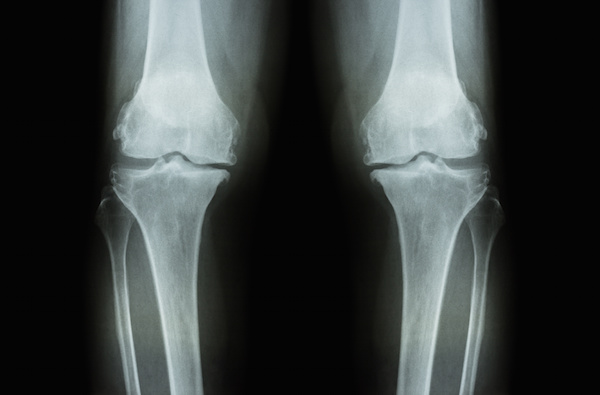Bone density and good bone health
Today marks the Half way point of Women’s Health week! The focus for today is bone health.
Bones are very important for our overall health. Not only do they allow us to move, they provide a strong protective structure around our organs, help to make blood cells and act as a storage space for minerals.
Bones are constantly remodelling to accommodate the stress that we put through them on a daily basis. By the age of thirty our bones have reached a peak in bone density.
At menopause Oestrogen, the hormone that protects your bone density, reduces rapidly. This continued reduction in bone density can lead to Osteoporosis. Osteoporosis makes your bones brittle and prone to fractures.
How can you keep your bones healthy and strong?
- Eat calcium rich foods such as dairy, tofu, broccoli or sardines.
- Have some sun safe time in the sun to increase Vitamin D levels.
- Participate in weight-bearing physical activity such as walking, jogging or skipping.
- Include resistance training as part of your exercise – this can be Pilates, group training or weights at the gym.


